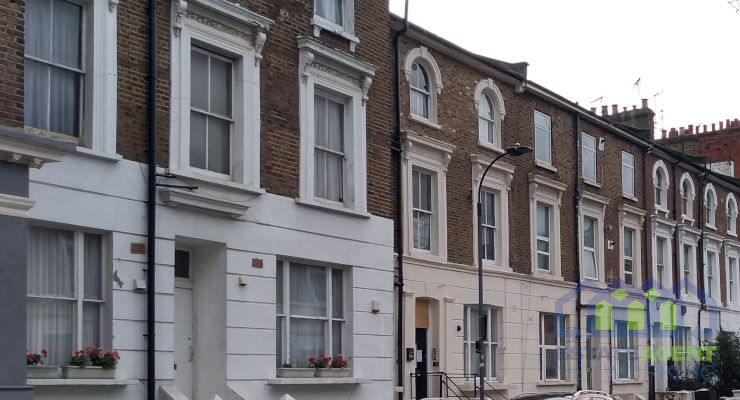Top 10 things to look out for when you are buying a home
Before buying a home, the reason for such a decision has to be ascertained – whether it is a home to move into, an investment in property or to fulfil a dream of wanting your own home. After weighing the pros and cons, once a decision is arrived at to buy a home, top on the priority list is the price factor. However, on the brighter side, the current market scenario seems to be rather stable, with not much change in the price of properties, especially in the boroughs of London, which can be confirmed by estate agents in Surrey and other suburbs.
Besides the cost, the following guidelines may help in choosing a home which will satisfy your needs and your pocket!
1. Check out areas where the price is less expensive: Once you have decided the area in which you wish to invest in a home, research should be done to check the property prices of locations in that region, so that advantage can be taken of where the biggest price falls are. Prices will probably differ, depending on the size and age of the property, but research with the help of a good estate agent should be able to result in a place which will suit your budget.
2. Location: It may be worth considering property just outside the parameters of your choice, where the price may be more attractive with just a little more commuting time, especially in the suburbs of London where estate agents in places like Surrey will be a great help.
3. Calculate your moving costs: Once the cost of moving from your present premises (legal fees, lender fees, broker and removal fees if applicable) to your new home is worked out, you will have an idea of how much you should set aside for this expense, before deciding on the new property.
4. Valuation of the property: This is important. One tip is to have the property evaluation done by a qualified valuer. This will assist in obtaining an accurate value of the property. The essentials of property evaluation are to obtain the following:
- A formal Letter of Instruction,
- Date of the valuation, which is of utmost importance,
- Lease if applicable (which will inform you of whether the property is vacant or encumbered),
- Property details (Contract of Sale or Rates Notice etc. which will give an accurate valuation).
5. A good estate agent: Obtaining the services of a reliable estate agent will go a long way in assisting with the purchase of property to mutual advantage.
6. Surveyal of the property: The proposed property should be viewed in detail, keeping in mind the following factors:
- Surroundings – confirm that they are feasible to live in
- Storage space – ensure that there is enough space to store your home equipment
- Room space – make sure that there is sufficient accommodation for your requirements. In the case of older buildings, the following need to be examined:
- Dampness – check the ceilings and skirting boards,
- External window frames – the state of these window frames is a good indication of the condition of the house.
- Plumbing – see that the plumbing is intact and will not need repairs
- Power points – check whether there are enough power points and that they are in good working order.
7. Other options: There are some Government-backed savings schemes or ISAs (investment savings accounts). One such option worth exploring is Shared Ownership, where you buy part of the property and rent the rest. However, there are pros and cons to this option, and these will need to be studied before opting for the same.
8. Mortgage: The market for mortgage schemes offers a wide choice, and it is very competitive. The options are constantly changing, and while research on these can be done personally, it is suggested to have a talk with a qualified financial adviser, who will be able to brief you on which schemes are viable for your particular situation.
9. Home Insurance: This is a must and should be arranged as soon as the sale contract is obtained. Most mortgage organisations will insist on this. Since you will be legally bound to buy the property when the contracts are exchanged, in the case of a fire or flooding before the date of completion, if building insurance is not in place, you will not be covered for the damage.
10. A legal advisor: For wrapping up the Sale Deed, it is recommended that the assistance of a legal advisor be taken, as conveyancing can be a complicated matter and needs the experience of a qualified legal advisor.
So, taking into account the above suggestions, it will be almost impossible not to bring your goal in buying a home to fruition – whether it is a necessity, or an investment or just the fulfilment of a dream!









